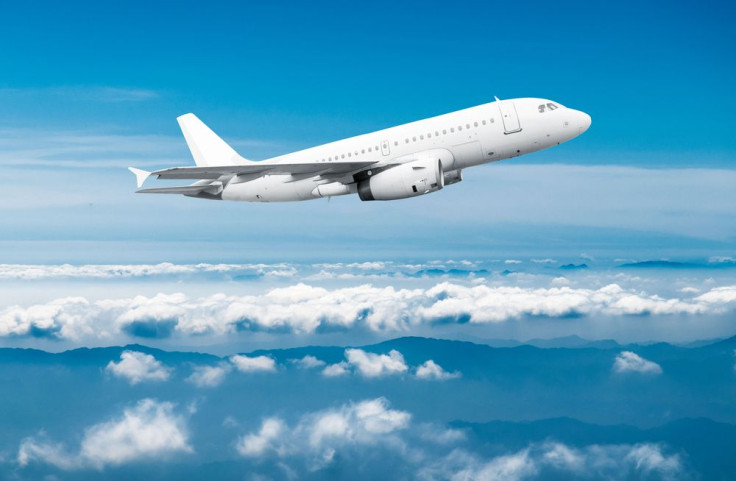
It has been a rough year for Venezuela, as the country saw protests from its citizens starting Feb. 12, 2014, on the 200th anniversary of the Battle of Victoria, to protest President Nicolás Maduro's regime. The initial protests--led by the leaders of the Venezuelan opposition María Corina Machado and Leopoldo López--were followed by a large, city-wide protest on Saturday, Feb. 15. While the protests were led by Machado and López, it was students who coordinated and staged the protests and provided them with the backing.
Since the start of the protests, the country has seen a shortage of essential goods -- from HIV-AIDS Virus Treatments to pasta -- and an increase in its already high rate of violence. The shortages and violence, coupled with the unstable economy, has left most of the Venezuelan public frustrated with Maduro's regime. In fact, a new survey from the polling group Datanálisis found that the majority of the Venezuelan public (59.2 percent) disapproves of Maduro's performance as the leader of Venezuela.
Amidst the political unrest, it is now being reported that Venezuelans trying to book tickets to international destinations are hearing one resounding answer: "Not Available." Dolar Today reports that the shortages seen in supermarkets have now trickled to the travel industry.
"It's a marathon task," said Carolina Saavedra to Dolar Today. "After waiting seven months to reach my passport, I began to crawl up in the morning, tickets online and got nothing. I decided to look at three major travel agencies in the city and everyone who came to me saying the same thing, that they had nothing to offer, the system had closed all flights."
One reason for the shortage is that international airlines are reducing their flights to and from Venezuela. Most recently, American Airlines announced that they will be reducing flights between the U.S. and the South American nation by 80 percent over $750 million in trapped cash. The payment dispute is not exclusive to American Airlines, as the Air Transportation Ministry of Venezuela has debts to pay with close to two dozen airlines. That said, they announced that they are working on paying the debts with six carriers, including: Tame, Avianca, Tiara Air, AeroMexico, Insel Air and Aruba Airlines.
With prices of tickets increasing by up to 300 percent, and diminishing offerings, critics are wondering if the Venezuelan government even cares about its travel problems. El Universal reports, citing an anonymous aviation business specialist, that "the government does not care about bringing the situation back to normal; they are not interested in people traveling."
What could Maduro's incentive be to keep his citizens in the country? Apart from avoiding paying up his debts, Maduro can successfully contain the details of what is happening in his country by limiting travel. During the Arab Spring in 2011, North Korea opted to leave its ambassadors and citizens working abroad in the turmoiled nations to prevent ideas of uprisings to enter the nation. Similarly, a possible incentive for Maduro could be to limit the amount of first-hand information on the nation's current status.
Maduro took office in April 2013 succeeding the late Hugo Chávez.
© 2025 Latin Times. All rights reserved. Do not reproduce without permission.





